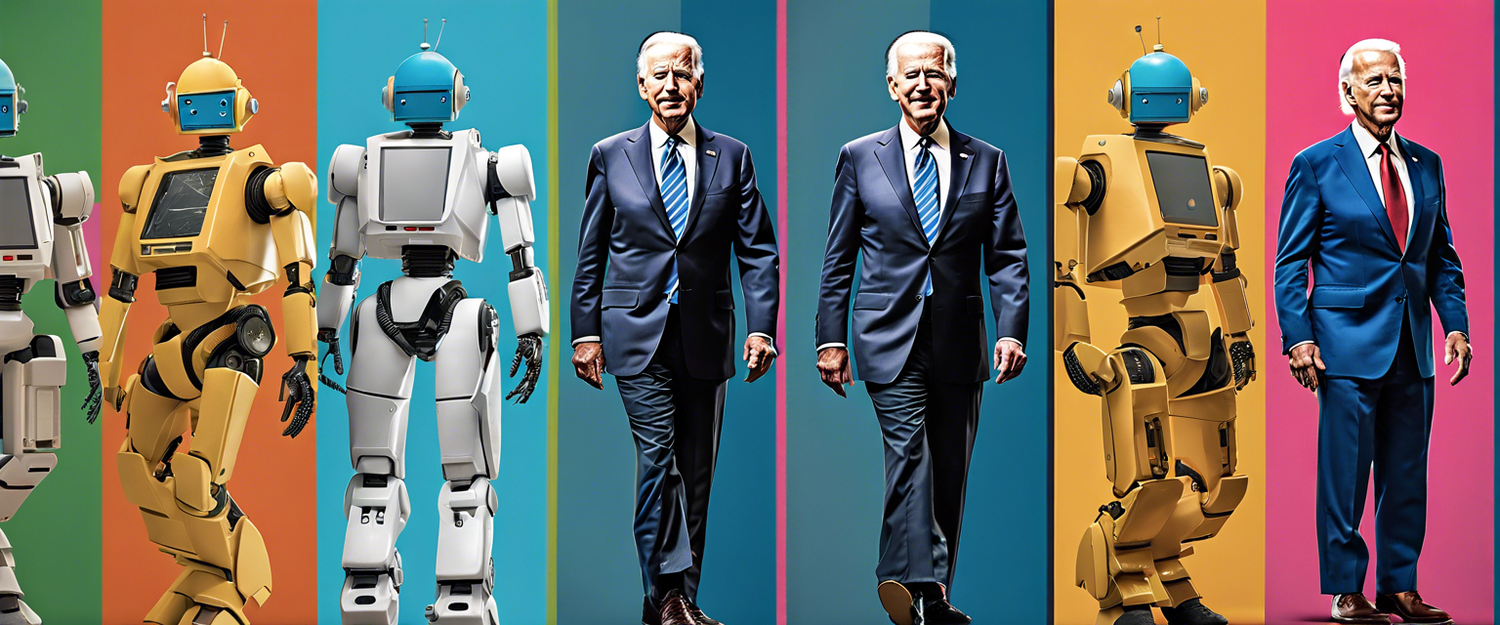Understanding the Impact of Political Deepfakes
In February 2023, a significant event in the political landscape unfolded when Steve Kramer, a political strategist, admitted to orchestrating calls using a deepfake technology that mimicked President Biden's voice. This incident sparked discussions around the ethical implications and the potential influence of such tactics on elections.
The Deepfake Incident
The deepfake was a part of a dubious campaign strategy, being sent out just two days before the New Hampshire primary. In the recording, a voice that closely resembled President Biden urged voters not to participate in the election. This manipulation raised serious concerns about voter suppression and misinformation.
Repercussions from Authorities
Following the incident, FCC Chair Jessica Rosenworcel did not mince her words. “If you flood our phones with this junk, we will find you and you will pay,” she firmly stated, emphasizing the agency's commitment to combating misinformation. This strong response highlights the growing concern surrounding the use of technology in political campaigns and the resulting impacts on democracy.
The Rising Trend of Deepfakes in Politics
Deepfake technology has evolved rapidly over the past few years, becoming more accessible and more sophisticated. Despite its potential for entertainment, its application in politics poses various risks:
- Misinformation: Deepfakes can easily mislead the public by spreading false information that appears legitimate.
- Trust Erosion: As deepfakes proliferate, public trust in media and political figures may erode, making it challenging for voters to discern factual information.
- Legal Consequences: Legal systems around the world are grappling with how to address issues arising from the misuse of deepfake technology.
What Can Be Done?
To combat the threat posed by deepfakes in elections, several measures can be considered:
- Legislation: Implementing laws that specifically address the creation and distribution of deepfake content.
- Public Awareness: Educating the public about the existence and dangers of deepfakes.
- Fact-Checking Initiatives: Supporting organizations that specialize in verifying the authenticity of political content.
Conclusion
The deepfake incident involving a spoofed Biden voice is a stark reminder of the vulnerabilities in our electoral system. As technology continues to advance, it is crucial for both authorities and the public to remain vigilant against the threats posed by misinformation and manipulation in politics. The road ahead must include a collective effort to safeguard democratic processes from technological exploitation.
For further reading, explore articles on latest political trends and the role of technology in elections.



Leave a comment
All comments are moderated before being published.
यह साइट hCaptcha से सुरक्षित है और hCaptcha से जुड़ी गोपनीयता नीति और सेवा की शर्तें लागू होती हैं.